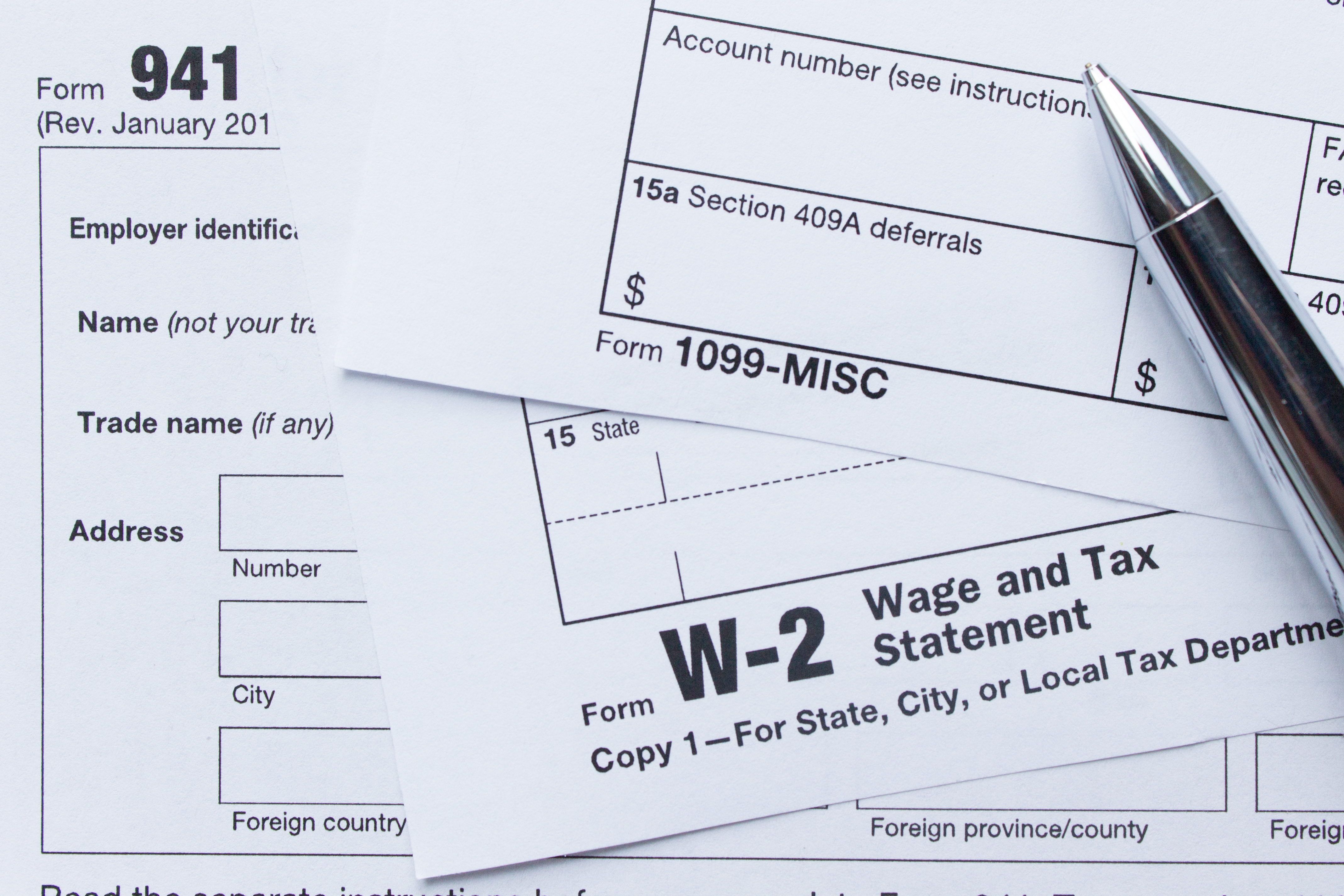The IRS recently released the 2026 inflation-adjusted amounts for Health Savings Accounts (HSAs). Employees will be able to save a modest amount more in their HSAs next year.
When it comes to employment and taxes, the distinction between a 1099 independent contractor and a W-2 employee is crucial. Each classification carries different tax responsibilities, benefits, and potential drawbacks. Understanding the implications can help you make informed financial decisions, whether you’re a worker choosing between roles or a business deciding how to classify your workforce.
Determining “reasonable compensation” is a critical issue for owners of C corporations and S corporations. If the IRS believes an owner’s compensation is unreasonably high or low, it may disallow certain deductions or reclassify payments, potentially leading to penalties, back taxes and interest. But by proactively following certain steps, owners can help ensure their compensation is seen as reasonable and deductible.
Running a nonprofit may not be about profits — but money absolutely matters. To fulfill your mission, serve your community, and grow your impact, your organization needs consistent, reliable funding. Understanding how to raise those funds — and how to measure what’s working — is vital for long-term sustainability.
The rise of remote work has transformed how businesses operate, but it has also introduced new tax challenges—especially when it comes to state tax nexus. Many companies are unknowingly triggering tax obligations in states where they have remote employees, potentially exposing themselves to tax liabilities, penalties, and compliance burdens.
The Employee Retention Tax Credit (ERTC) was a critical relief measure for businesses during the COVID-19 pandemic, offering substantial tax credits to help employers retain staff. However, the IRS has significantly increased its scrutiny of ERTC claims, leading to more audits and compliance reviews. Businesses that claimed the ERTC must be prepared to substantiate their eligibility and ensure they have the necessary documentation to avoid penalties.
Non-profit organizations operate with a mission-driven focus, but like for-profit businesses, they must track key performance indicators (KPIs) to ensure financial sustainability, operational efficiency, and mission impact. The right metrics can help leadership make informed decisions, attract donors, and improve program effectiveness. Below, we explore the most critical analytics and KPIs that every non-profit should focus on.
There has been , yet again, another significant update regarding Beneficial Ownership Information (BOI) reporting requirements under the Corporate Transparency Act (CTA). The Financial Crimes Enforcement Network (FinCEN) has issued an interim final rule that removes the requirement for U.S. companies and U.S. persons to report BOI to FinCEN.











